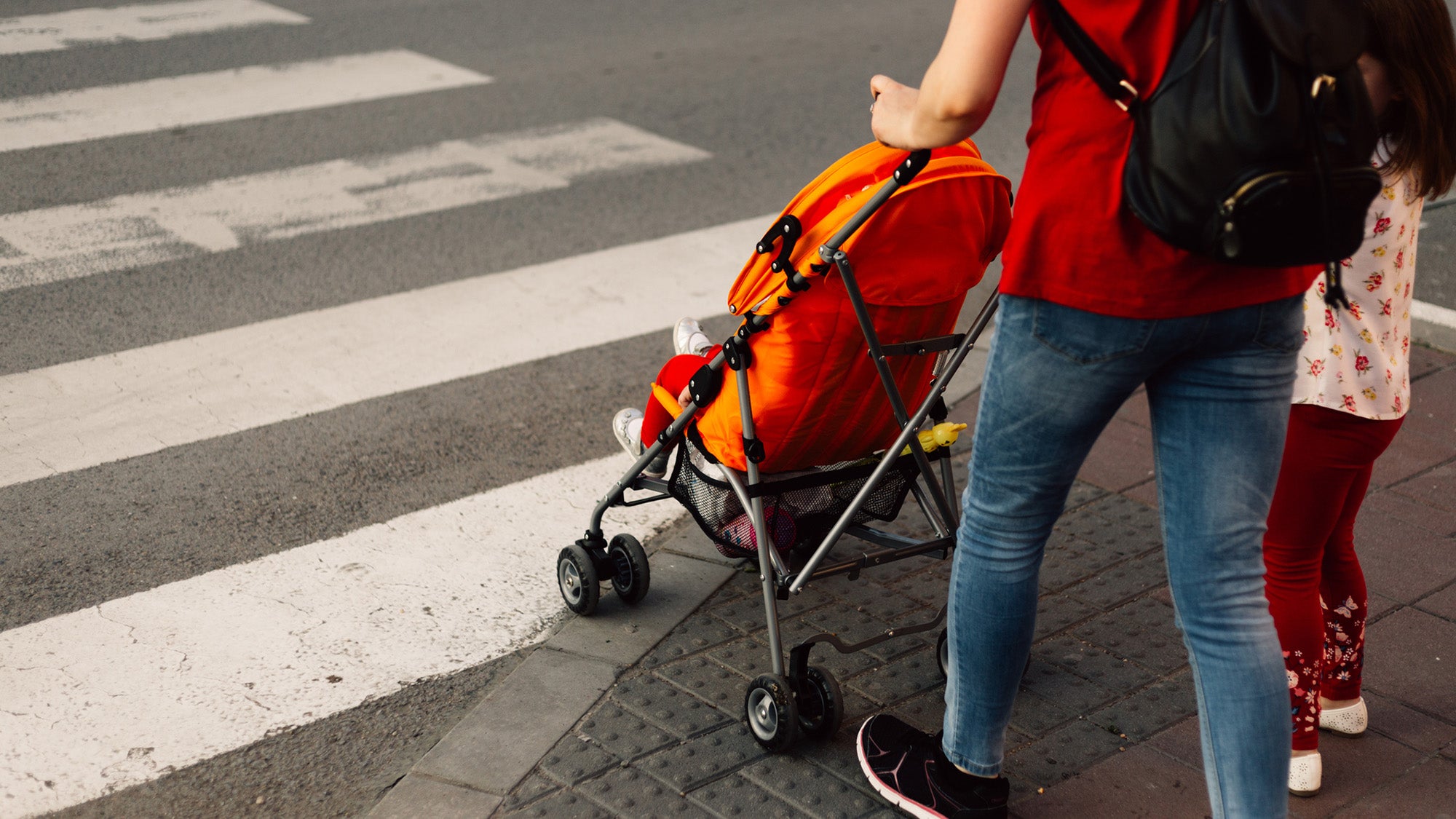The negative health implications of restricting abortion access

December 13, 2021—Ana Langer is professor of the practice of public health and coordinator of the Women and Health Initiative at Harvard T.H. Chan School of Public Health.
Q: Roe v. Wade may soon be overturned by the Supreme Court, while at the same time other countries are loosening restrictions around abortion rights. What are your thoughts on the current climate around this issue?
A: The trend over the past several decades is clear: Safe and legal abortion has become more widely accessible to women globally, with nearly 50 countries including Mexico, Argentina, New Zealand, Thailand, and Ireland liberalizing their abortion laws. During the same period, however, a few countries have made abortion more restricted or totally illegal, including El Salvador, Nicaragua, and Poland.
In the U.S., legal frameworks are increasingly limiting access to abortion. Even while Roe is in place, many people are currently unable to receive abortion care.
If the Supreme Court were to limit or overturn Roe, abortion would remain legal in 21 states and could immediately be prohibited in 24 states and three territories. Millions of people would be forced to travel to receive legal abortion care, something that would be impossible for many due to a range of financial and logistical reasons.
This situation does not surprise me because of the deep polarization that characterizes public views on abortion, and the growing power and relentless efforts of anti-choice groups. Furthermore, it does not surprise me because of the important gender gap that exists in this country, which is to a great extent due to the lack of strong and consistent policies and legal frameworks to support women in their efforts to better integrate their reproductive and professional roles and responsibilities.
The U.S. legalized abortion nearly 50 years ago, at a time when it was legally restricted in many countries around the world, setting an important international precedent and example. It disappoints me to see that while important progress has been made towards equality in other culturally polarized areas such as same-sex marriage, women’s right to terminate an unwanted or mistimed pregnancy is now severely threatened.
Q: How do laws that restrict abortion access impact women’s health?
A: Restricting women’s access to safe and legal abortion services has important negative health implications. We’ve seen that these laws do not result in fewer abortions. Instead, they compel women to risk their lives and health by seeking out unsafe abortion care.
According to the World Health Organization, 23,000 women die from unsafe abortions each year and tens of thousands more experience significant health complications globally. A recent study estimated that banning abortion in the U.S. would lead to a 21% increase in the number of pregnancy-related deaths overall and a 33% increase among Black women, simply because staying pregnant is more dangerous than having an abortion. Increased deaths due to unsafe abortions or attempted abortions would be in addition to these estimates.
If the current trend in the U.S. persists, “back alley” abortions will be the last resource for women with no access to safe and legal services, and the horrific consequences of such abortions will become a major cause of death and severe health complications for some of the most vulnerable women in this country.
The legal status of abortion also defines whether girls will be able to complete their educations and whether women will be able to participate in the workforce, and in public and political life.
Improving social safety net programs for women reduces gender gaps and improves girls’ and women’s health and chances to fulfill their potential, and could help reduce the number of abortions over time. Women who are better educated, have better access to comprehensive reproductive health care, and are employed and fairly remunerated will be better positioned to avoid a mistimed and unwanted pregnancy, hence the need for termination will become less common.
Q: Should abortion be considered a human right?
A: Numerous international and regional human rights treaties and national-level constitutions around the world protect the right to safe and legal abortion as a fundamental human right. Access to safe abortion is included in a constellation of rights, including the rights to life, liberty, privacy, equality and non-discrimination, and freedom from cruel, inhuman, and degrading treatment. Human rights bodies have repeatedly condemned restrictive abortion laws as being incompatible with human rights norms.
While a supportive legal framework for abortion care is critical, it is not enough to ensure access for everyone who seeks the service. For universal access to become a reality, policies that cover the cost of abortion care and its integration into the health care system, in addition to societal measures that destigmatize the procedure, are needed.


